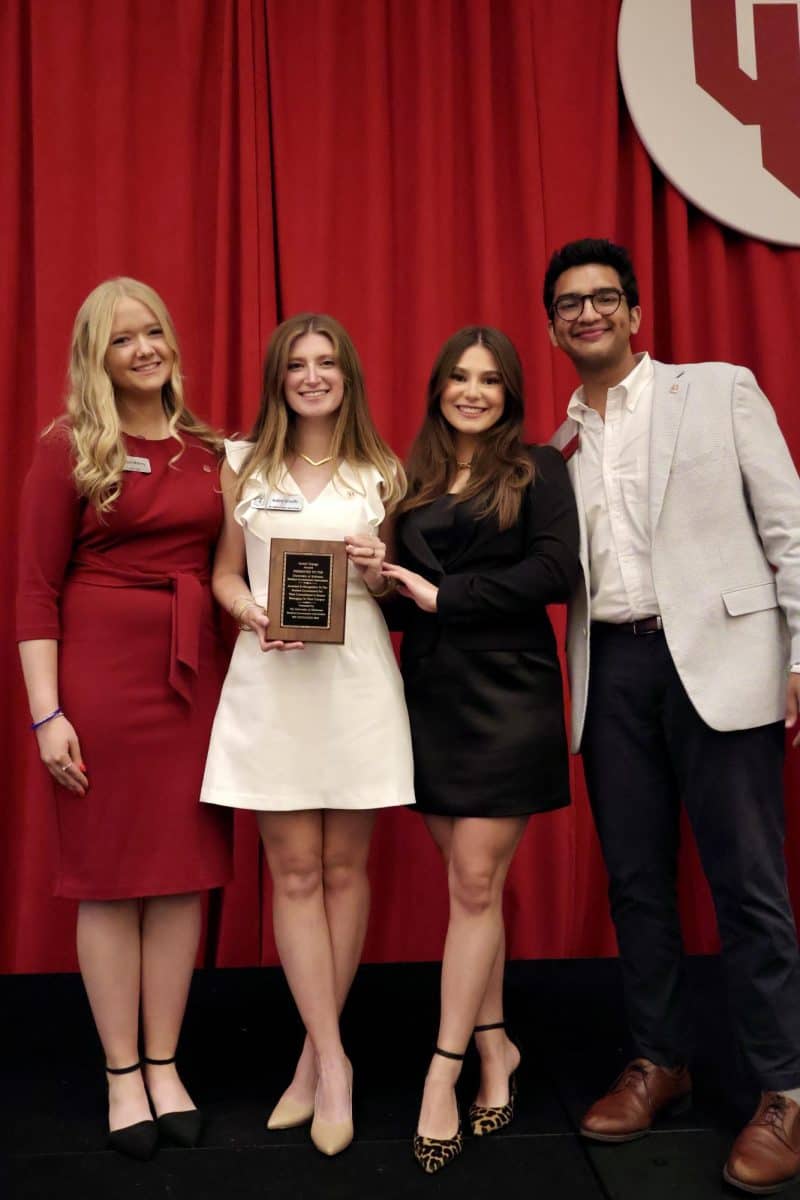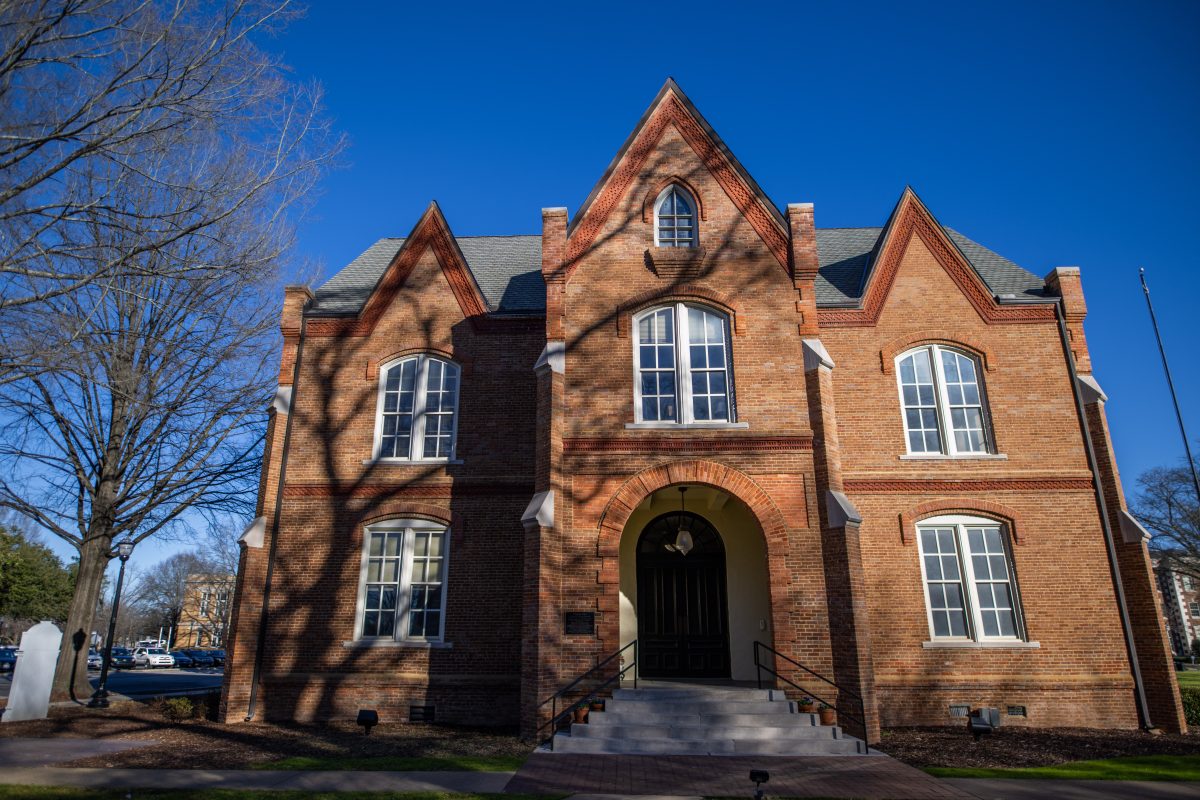The Office of Information Technology sent out an e-mail Sept. 24 informing students of the consequences and qualifications for illegal file sharing on university networks.
Mandated by the Higher Education Opportunity Act and the Digital Millennium Copyright Act, the e-mail’s main concern was raising student awareness about Internet safety and preventing abuse of university networks.
The HEOA and DMCA work together to seek out illegal file sharing at universities across the nation. According to the HEOA website, universities are first required to draft a plan to deal with infringement and notify students who are participating in such activities. They must also ensure students know the rules governing file sharing and take proactive steps to prevent further offenses.
Punishments for students caught file sharing range from loss of university Internet privileges and Student Code of Conduct Violations to jail time and criminal penalties, according to the OIT e-mail. If found guilty of criminal copyright infringement, offenders may face a five-year prison sentence and up to $250,000 fine per each work infringed, the e-mail also stated.
“We don’t want it to sound threatening; we don’t want it to sound as though something really bad is going to happen to you if you don’t take care of this,” Ashley Ewing, director of information security and compliance at the OIT, said. “But we want students to understand that the potential is there that something could happen to them.”
Students who consistently download copyrighted content illegally are most likely to get in trouble, the e-mail stated, and the OIT typically begins monitoring specific students’ Internet use following complaints from the DMCA. A hold is then placed on the student’s information allowing the OIT and DMCA to track their Internet use. Those using file-sharing programs are easy to spot on the network so the OIT mostly monitors the entire Internet population, not each individual user, according to the e-mail.
“We look at all the traffic on the network, and we actually shape that traffic so that no one consumes all the traffic at one time and it’s shared among all the users,” Ewing said. “So we’re not looking for specific traffic or specific types of traffic. We’re looking at all the traffic to make sure everybody is getting a fair shake on the network.”
Ewing said most students who are file sharing don’t realize the extent of it, and that’s when serious problems arise. Programs like iTunes, BitTorrent, LimeWire and EDonkey automatically share downloaded files across the network. This gives countless people access to personal information that could endanger the user’s privacy, she added.
“It’s not just the sharing of copyright material; you’ve opened up that machine to anyone on the Internet to take anything off of it that they want,” she said.
Although Ewing said the OIT’s policies are there to protect both the students and recording artists, some students disagree.
“Artists and filmmakers do not make the majority of their money from CD sales and DVD sales,” Josh Aikens, a junior majoring in civil engineering, said. “The majority of their money comes from concerts and ticket sales. They shouldn’t have to worry about us illegally downloading their music because we’re not taking a significant amount out of their paychecks.”
However, Emily Simpson, a sophomore majoring in psychology, agreed with Ewing and said the rules are there for a reason.
“I don’t really know [the rules], but I know they’re really harsh,” she said. “If you’re caught file sharing, then you shouldn’t have access to the campus Internet. But they probably can’t stop people from illegally downloading anyway.”
Todd Bordst, associate director of the Office of Judicial Affairs, encouraged students to be smart about surfing the Internet and to be wary of what websites tell them.
“I don’t think students fully understand that just because they’re able to get on a site and download something for free that it’s not wrong,” Bordst said. “These sites don’t tell them it’s wrong. Nothing is for free. Chances are if it looks suspicious, it is suspicious.”
Websites like campusdownloading.com and educause.edu/legalcontent provide legal downloads for students, thereby avoiding the repercussions of copyright infringement. For more information about the University’s policies regarding copyright, visit oit.edu/policies/copyright-information/.






